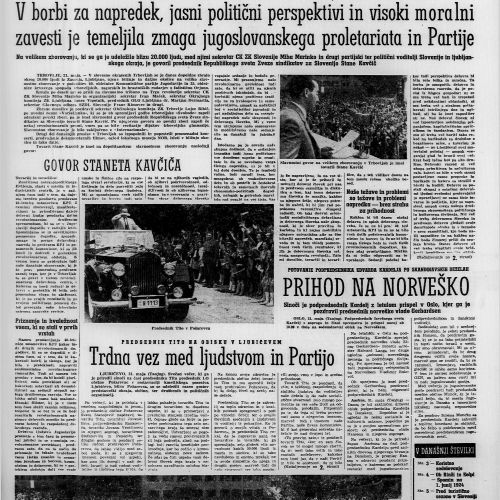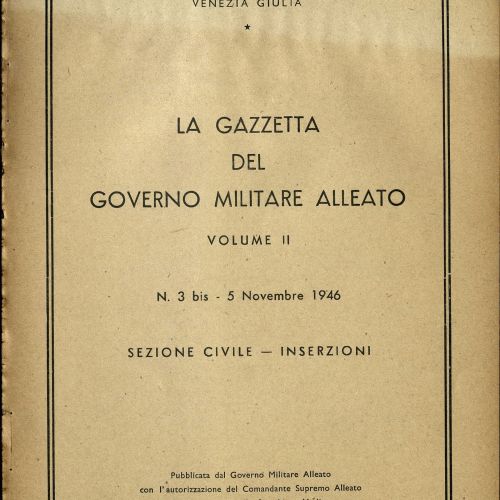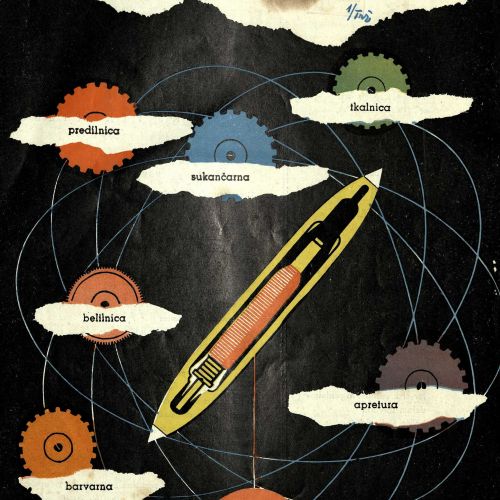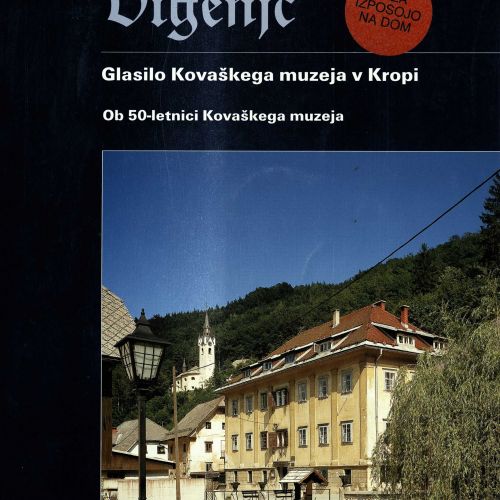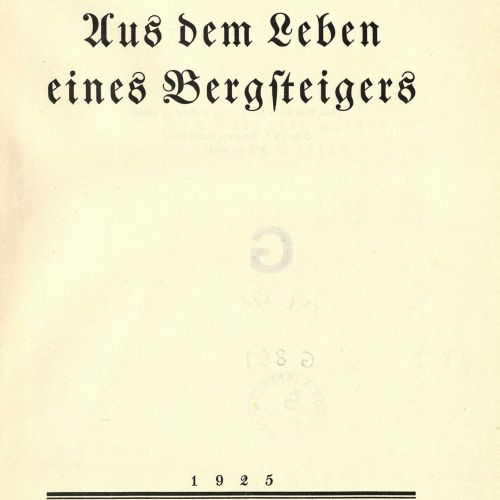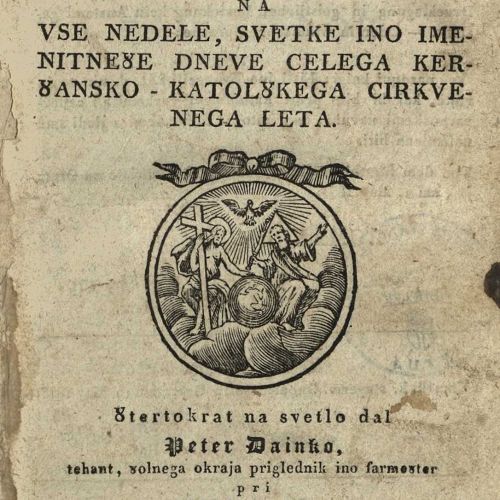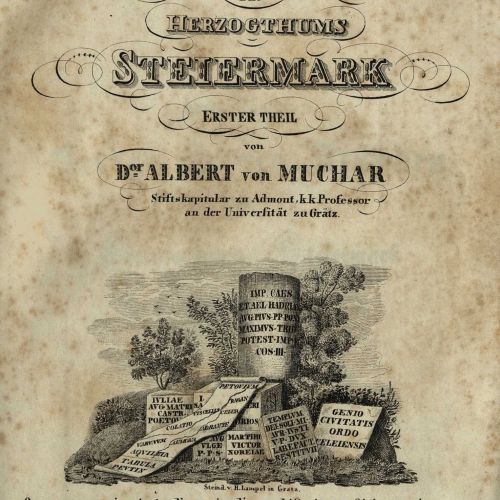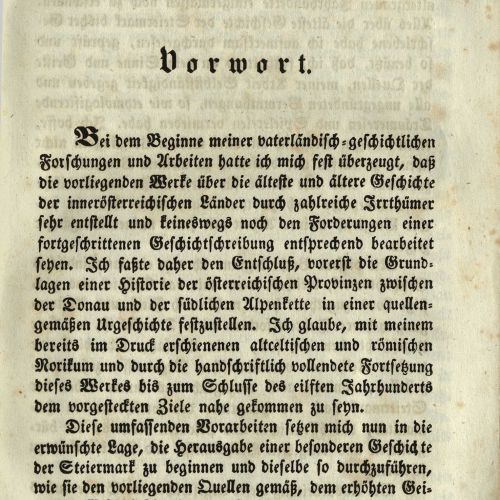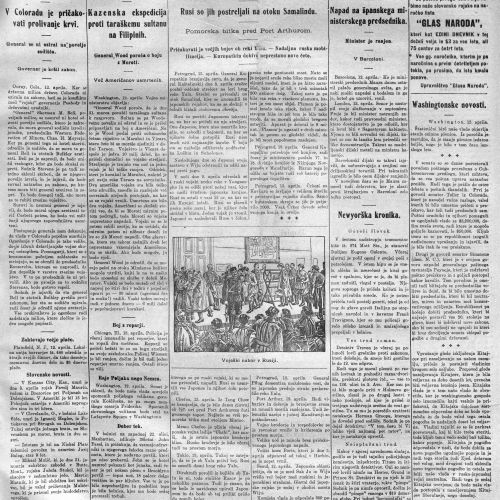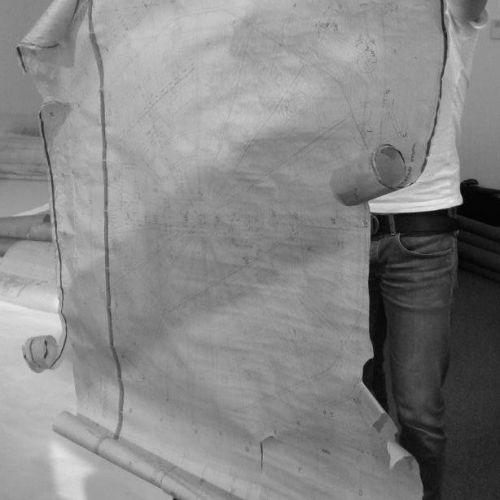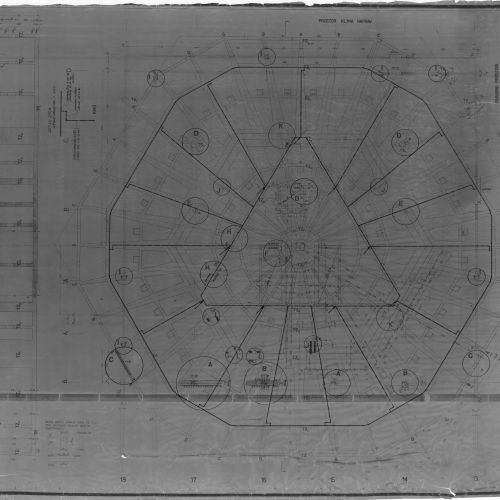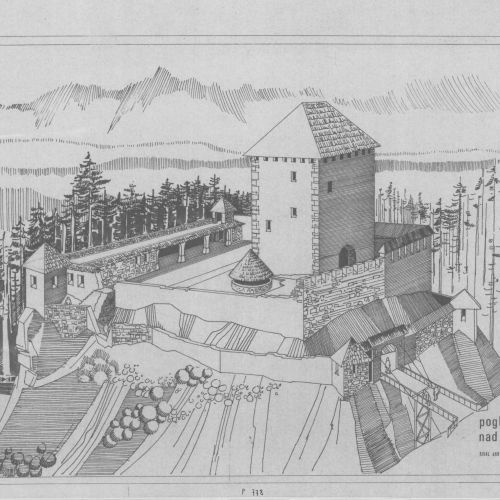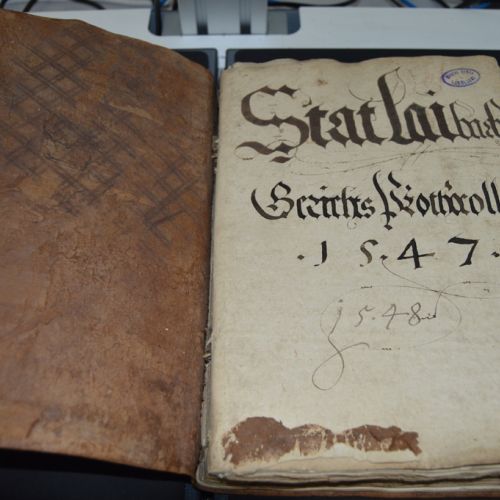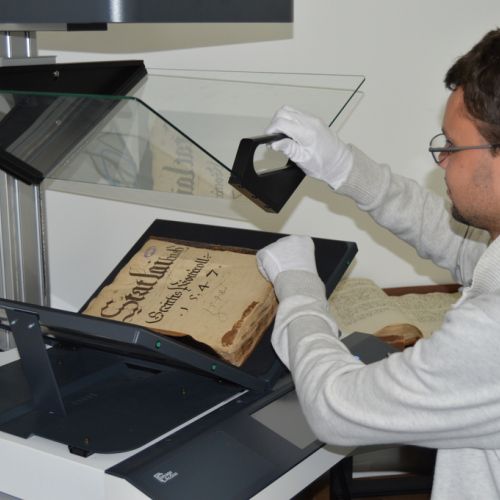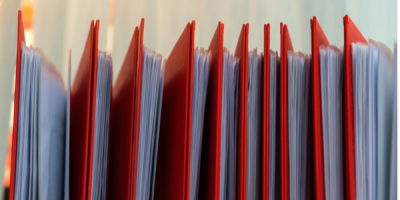Digitizing books to get closer to readers
Digitization is rapidly changing our reading habits and use of published works. Apart from the apparent feeling of leafing through the book, which has not been lost, digitization opens the door to a wider selection of written content.
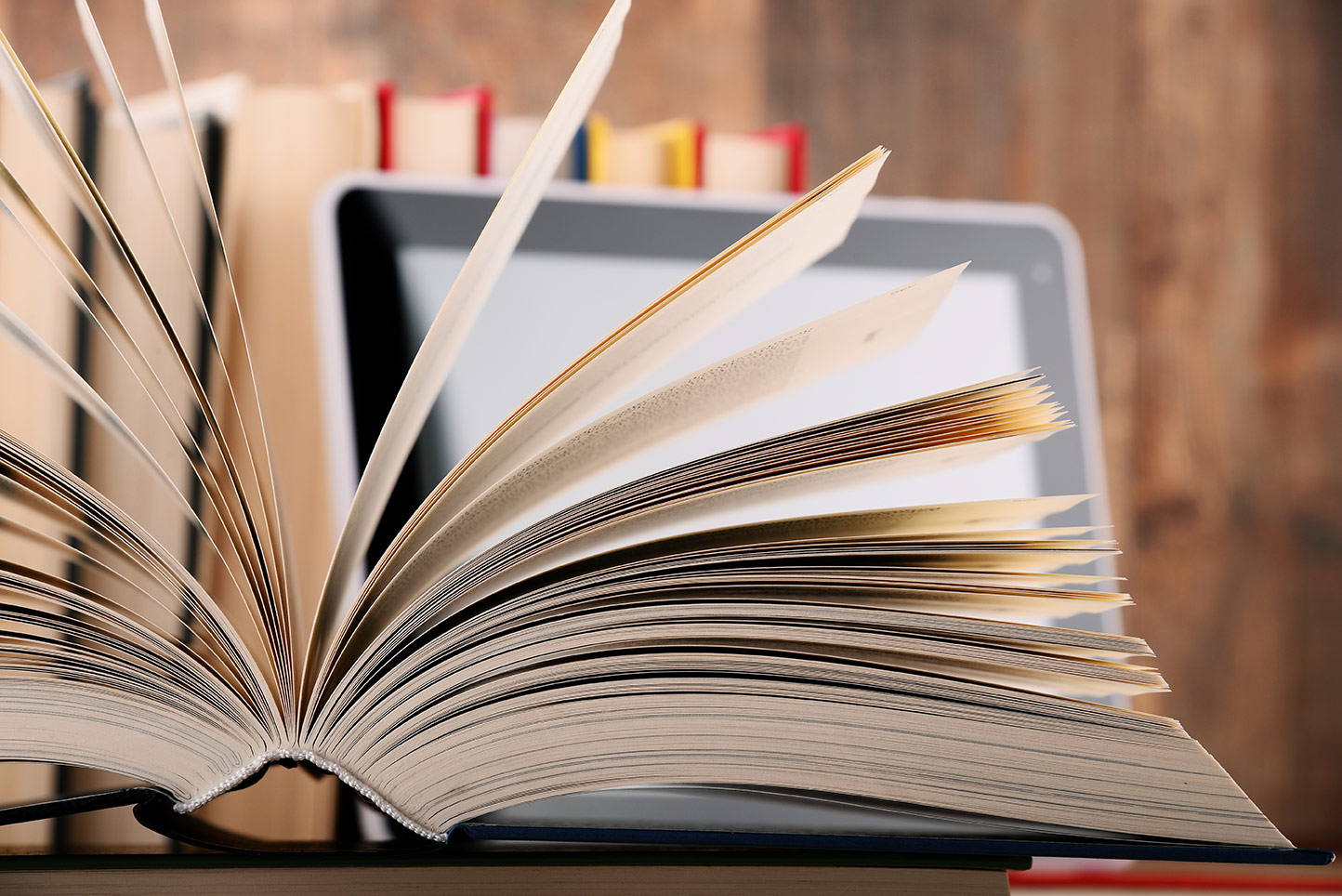
Some readers will only resort to digitized content if they have no access to the original, others because they’ve run out of shelf space. For the blind and visually impaired, digitization is actually the first chance to access certain content, and the coming generations that are learning their ACBCs from tablets or smart phones will most probably require digitized content by default.
Digitized cultural heritage opens further possibilities of use
Digitization has been part of the books and published works for a long time. More and more newly published works are also available as e-books, and the works published before the digital era are being digitized at a rapid pace.
Digitalization is also promoted through EU's national programs for culture. Through these programs, cultural heritage institutions have been entrusted with an important task to take over the digitization and storage of digital content relating to culture and local history with an aim to making such content freely accessible on the Internet.
Digitization of cultural heritage brings many new possibilities of use and access to materials which are not available for issue in their physical form.
This means that major literary and other works can be preserved for future generations. Also, by transferring cultural heritage to the web we are facilitating access to digitized content that we can use in our studies, work or free time.
Libraries have secured higher reader interest
Many libraries and other public institutions have already adapted to these trends. They got closer to the readers on the web, offering their content of interest. On account of the exceptional importance of the material and high reader interest, digitization projects have been running in Slovenian libraries for decades.
Admittedly, digitizing is quite a challenge for the owners of the published materials. Most of these are old publications such as books, newspapers, documents and drawings that require special treatment and complex technological, processing and organizational measures due to their age, degree of preservation, and type of binding.
It is therefore sensible to outsource digitization of published material to a qualified external provider who holds appropriate equipment, specialized knowledge and experience in handling such materials. The provider has to ensure appropriate quality of scannograms that allow further use of the material in digital form, and handle the material with utmost care since its condition often deteriorates as a result of old age or poor storage.
Our cultural, scientific, and technical heritage material carries special value on account of its physical and material properties and deserves maximum attention upon conversion to digital.
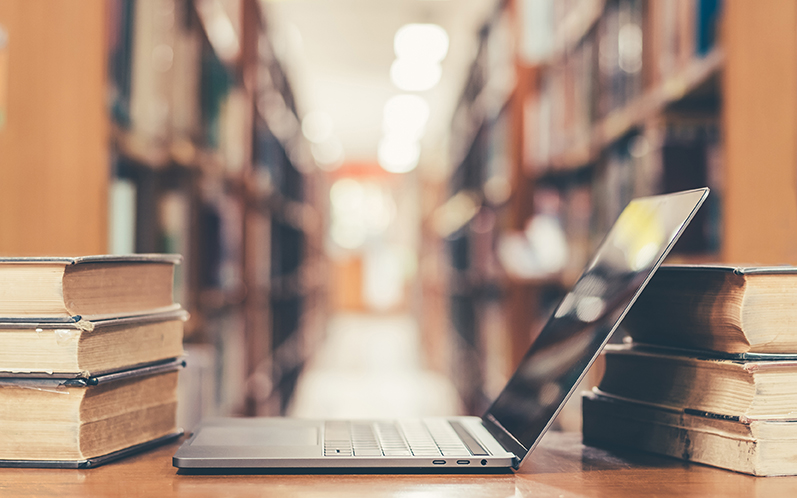
Digitized cultural heritage is just a click away
At Mikrocop, we have helped many clients bring their material to life in a new, digital format. Valuable originals and old collections on paper or other media have been given another chance as we reaffirmed their existence and strengthened public awareness of their value and importance.
Our digitized cultural, scientific and historical heritage is now available to users on the Internet and available whenever they need it.
You are invited to visit the Slovenian Digital Library, which boasts over 3.5 million pages of digitized content.
The gallery contains several interesting reference projects relating to the capture and conversion of cultural, scientific and technical heritage material from analogue to digital.
Want to know more? Contact us!
